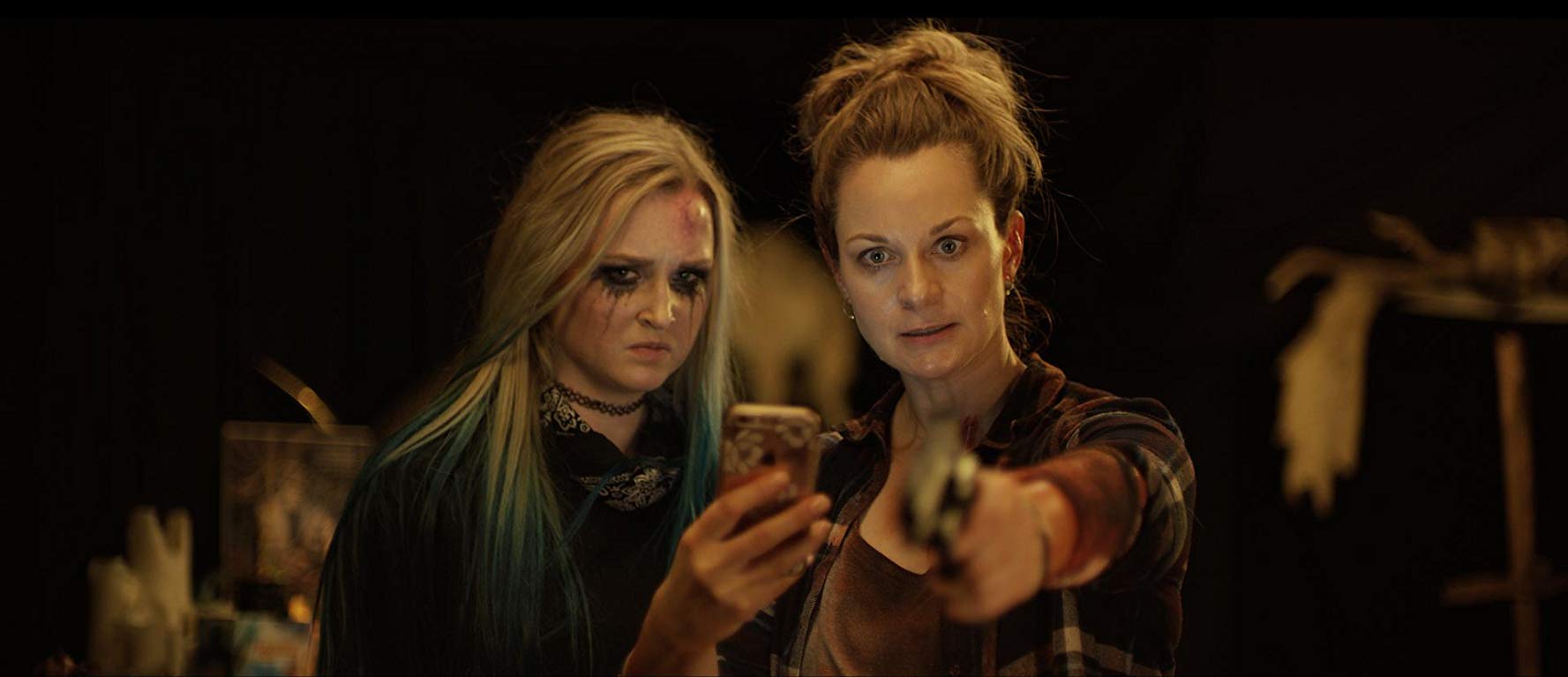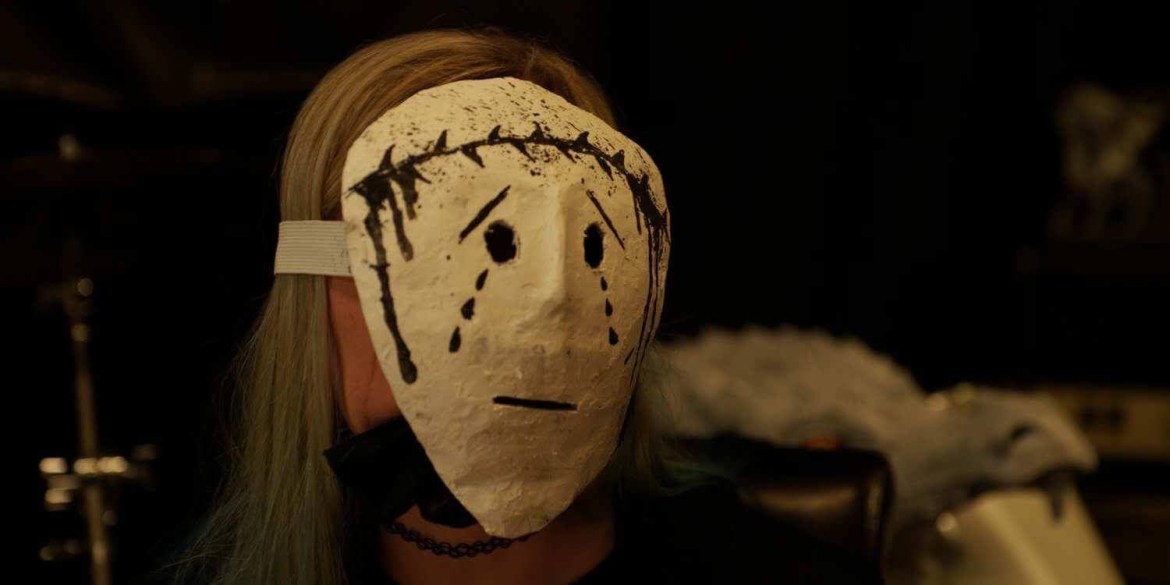

The concepts of ‘morality under duress’ and other people being essentially unknowable have a long and storied history in horror. After all, what could be scarier than not knowing for sure how everyday people, your friends, your family, your coworkers, or even yourself, would act when the chips are down and whatever checks that keep us adhering to the social construct are done away with, and nothing is quite black and white, but a murky gray. Stories like Shirley Jackson’s “The Lottery” have persevered over time because they revolve around one simple concept: is the morality that keeps civilization together an objective and fixed concept that is timeless and unyielding, or is it merely whatever happens to keep the most people alive/happy at any given moment? And how would people act when they’re cornered and threatened with a tough decision, or when the concepts of legality and morality become one and the same? Would concepts such as loving thy neighbor still exist if suddenly it were that neighbor’s life or yours?

Red Letter Day is a film with a simple yet effective premise: one day, people in an average suburban neighborhood receive letters in a red envelope containing the picture of someone within five miles of their home who they are to kill, and likewise that person is being sent to kill you. You can choose to ignore the letter, but you should hope that the person who was assigned to kill you chooses to do the same or else they’re on their way to kill you. Essentially, it boils down to kill or be killed. Think “The Monsters Are Due On Maple Street” but far more violent. Our main character Melanie (Dawn Van de Schoot) is the mother to Maddie (Hailey Foss) and Timothy (Kaeleb Zain Gartner), and on the day the letters arrive her simple desire to find out if anyone else has received them is what sets the film in motion. Before long we’re knee-deep in a swamp of gore, violence, and midnight humor. The pacing is perfect in this movie, moving at a steady pace and never rushing, something a film of this type could very easily do in order to pack the film with gore and kills. Instead, it seems to understand just how much of that action it needs and uses the perfect amount of insane violence to set the tone. The characters are a little too lightly developed, but it’s not enough to knock you out of the story.
The film was marketed as something of a humorous take on The Purge, and while there is a good deal of humor in this movie, it’s probably not what most people are expecting. Instead of jokes and catchy one-liners, what Red Letter Day does is let the absurdity of the situation the characters find themselves in speak for itself. Ridiculous situations are dealt with in such a grave and serious manner that there is no punch line or attention being drawn to the joke; it just exists and that’s it. And not in the way that Tommy Wiseau claimed The Room was a comedy. The humor in Red Letter Day is very deliberately executed the way it is, which horror films rarely are able to pull off.

Despite being an examination of the concept of morality, I’m hesitant to call this film a morality tale. It’s more of a thought experiment than a parable, albeit one done in far less philosophical terms than one found in a classroom. Instead of portraying morality as an abstract and ethereal concept, Red Letter Day shoves the idea your face and bluntly asks, “Is it okay to murder someone first if they are going to murder you?”
There’s a lot to pick apart in this film for having such a straightforward and upfront premise. Unlike The Purge, the film that arguably kicked off the modern trend of morality-under-duress horror films, Red Letter Day actually revolves around such a concept. Whereas The Purge had an interesting mythos in the idea of the annual purge, the actual purge was used as nothing more than a device to isolate the main character and their family when they’re attacked. The purge itself doesn’t play much of a role in the actual film aside from being the reason the cops won’t show up. It could just as easily have been geographical isolation or phones not working as it was a legalized purge. Red Letter Day, on the other hand, embraces this scenario and makes it far more than just something to keep our characters separated from help. The red letters and their purpose are explored thoroughly, and without them the events of the film could not otherwise occur. They are essential to the story and the narrative the film presents.
One of the interesting questions that the film poses is this: how well do we know our neighbors, friends, and lovers? Are they really who we think they are? The films postulates that no, it’s entirely possible we do not actually know the people closest to us. It’s possible they’re actually strangers and that everything we think we know about them is a façade or misinterpretation of their character. The senders of the red letters reveal the matching is done via an algorithm that uses social media presences to find someone who is the exact opposite of the person receiving the letter for them to kill. There’s a semi-twist towards the end that asks this: how accurate a representation of ourselves are our online personas? This in turn implies that the world’s perception of us might not be accurate. How real is that representation? How real is our own perception of ourselves? Also, how healthy is such a phenomenon when it often leaves us feeling isolated and alone despite being something connective with other people?
Red Letter Day is a fun horror movie based on a simple yet serious premise, and it does exactly what it sets out to do. It tells a straightforward story with few twists or curves and it does it near perfectly. The subjects it seeks to tackle are indeed tackled, and the commentary it sets out to make is made.




